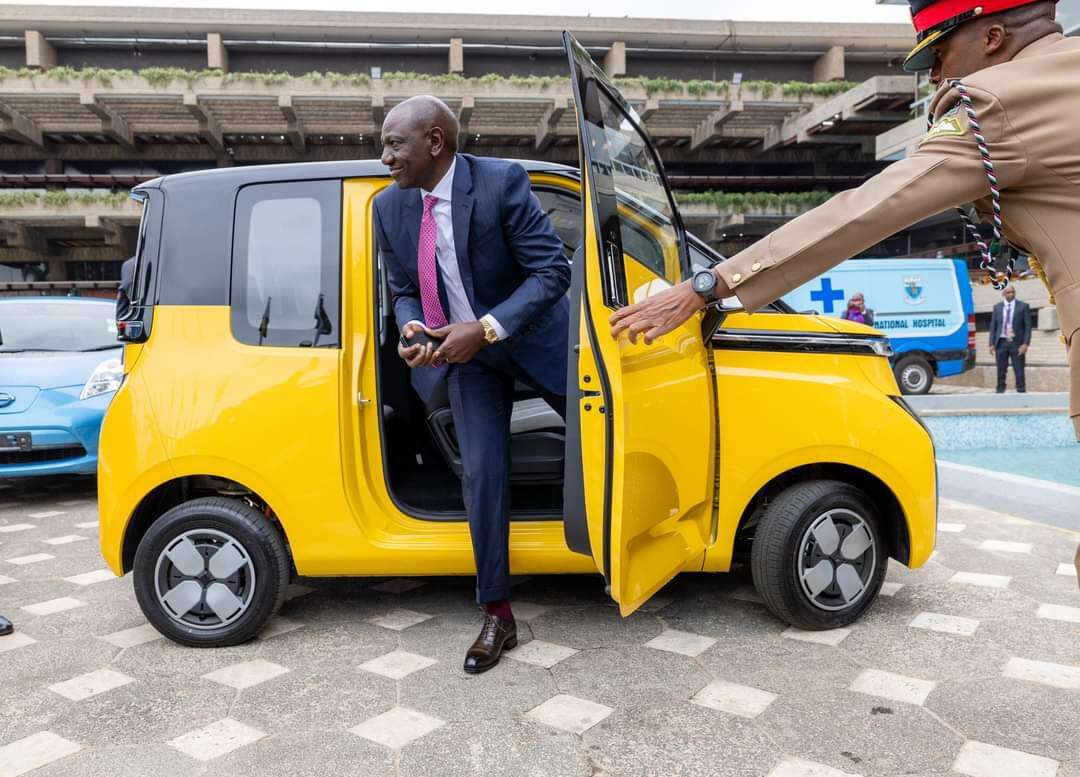The new enthusiasm around EV in Kenya is a welcome move. However, the government should come up with regulations, legislations, and a policy framework that will incentivize EV use. The person nurturing this dream should think about the entire value chain and should have empirical data that will show how many jobs the initiative will create.
Take, for example, the UK’s mature regulatory framework that is geared towards clean transportation. From the Office for Zero Emission Vehicles (OZEV), which is a government office responsible for overseeing the promotion of electric vehicles and the associated charging infrastructure, to Vehicle Excise Duty (VED) and Benefit-in-Kind (BiK) Taxation, where the UK government uses these tax schemes to encourage the adoption of low-emission and electric vehicles by offering tax incentives for EV owners.
Some cities in the UK have also introduced Zero Emission Zones (ZEZs). For instance, cities like London and Oxford have introduced or are planning to implement ZEZs to restrict or charge higher fees for high-emission vehicles within certain areas, thereby encouraging the use of EVs. Authorities may use Automatic Number Plate Recognition (ANPR) technology to identify vehicles and cross-reference them with emission databases. This helps enforce the emissions-based charges or restrictions in low emission zones.
It is the Future Mobility Zones that quite capture my attention. The UK government came up with a fund where cities and municipalities were encouraged to bid for funding by coming up with a future transportation program to test ideas to improve journeys for people. Building on the widespread use of smartphones among the public, the city or town initiative is meant to explore solutions for smoother payment systems, better and more up-to-date travel information, and the use of innovative forms of transport, making travel in towns and cities more convenient, more reliable, clean, and cheaper.
Modern transport systems such as #EVs offer solutions to urban transportation. We must look into cities and town acts in Kenya to make towns and cities more autonomous. Governors are to counties what the president is to the country, and they cannot serve the office of the mayor for all cities and towns in their jurisdictions. Directly elected mayors will bring the public’s say in the management of cities and towns. The act can stipulate the criteria for qualifying a city or town as one that needs a mayor.
To institutionalize the adoption of electric vehicles and smart public transportation in cities and towns in Kenya , it’s imperative that we establish an advanced and forward-thinking regulatory framework, as i pointed out, the UK is a good benchmark in terms of maturity of regimes and urban management. This framework should be responsive, sustainable, and progressive in its approach. A critical first step towards achieving this goal is implementing urban reforms by amending urban areas and cities act of 2011










